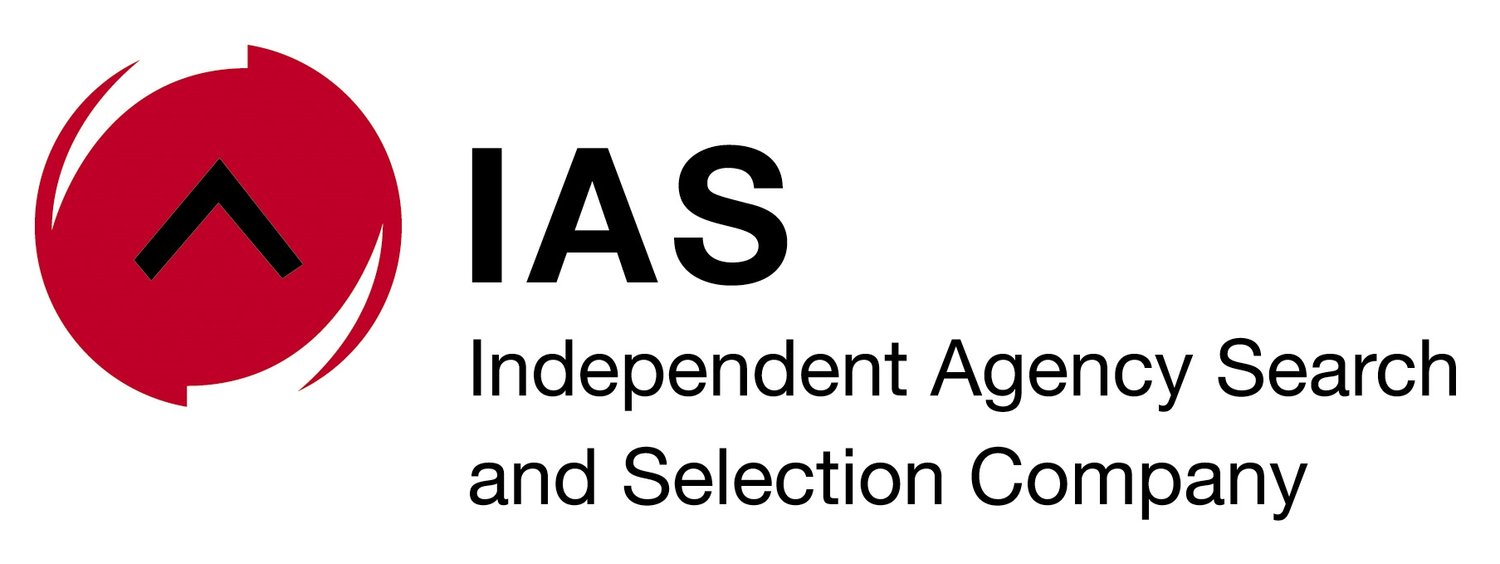Fear of job losses and big egos stand in the way of the level of collaboration needed in the digital age
It’s not often those in the advertising and marketing industry are blunt and critical. It’s a sector partly built on smoke, mirrors, spin, and client retention at all costs. And so, when a little honesty is handed down, it’s not only refreshing but should be taken seriously.
César Vacchiano, president and CEO of Scopen, a global industry research company with a strong footprint in South Africa, believes that for media and advertising agencies to flourish in the digital age, they need to increase their co-operation and ability to source and manage data.
What’s preventing more collaboration, he says, is a fear of downsizing and consequent job loss; not knowing how to rationalise inevitable duplication; and the big egos preventing the process.
Vacchiano has been in South Africa ahead of work on the Agency Scope survey that is published every two years after meetings with decisionmakers across marketing, communications and advertising — from the largest- to the smallest-spending agencies in South Africa.
Given the importance placed on data, the study will also incorporate leaders in digital, technology and innovation.
Vacchiano says brands’ relationships with data have changed irrevocably.
“What marketers realised after the pandemic and various other global shifts is that it’s difficult to make decisions, and what they need is data that shows them trends and what is happening with consumers to engage with and get closer to them. They need to understand all the media and media channels, competitors, and new generations and new targets.”
His argument is that data is evident across the entire media value chain but needs to be used more effectively across every facet of the marketing process, from planning and buying to idea development and content creation.
A perennial problem — and more pronounced in South Africa — is not just the data overload factor but having the right people to interpret it meaningfully.
Vacchiano concedes it’s a problem. “There is often too much data to go through and read so agencies need people within their teams to condense and extract points of interest. They want extracts with key findings, and they are realising how important it is to work with partners who use that data to find insights and build solid strategies that will produce big ideas.”
And then, a view that is likely to upset ad agency studios, he says: “And that’s why, after the pandemic, strategists have become even more important at times than creatives. And what is making the difference now when selecting agencies and evaluating their services is their strategic planning capabilities. What is needed first is to identify insights that will create solid strategies and with those solid strategies it’s easier to build and create big ideas.”
Vacchiano says he is, however, starting to see better integration between the creative and strategic sides in agencies.
“It’s changing very fast because more and more clients want to go for ideas that are based on data and solid strategies. It’s difficult to find clients that go for ideas that are just creative concepts on their own. They want to reinforce those ideas with data.”
And complicating the equation is the rapid introduction and growth of artificial intelligence (AI) and chatbots and their impact on content.
Vacchiano isn’t particularly worried. “The most effective ideas are those that include emotion in the campaign, and I think machines can learn in future, but I think now it’s very unlikely that AI will create campaigns that resonate in peoples’ hearts — that make them cry and smile and really bring their feelings to the brand.”
While agencies need to rethink their operating approach to become more data led, Vacchiano isn’t for one moment writing them off. “What happened during the pandemic is that clients realised with all the agencies they were working with, the ones that used data in their strategies to get through the pandemic to reinforce their positions in tough times made great partners. The role of agencies was reinforced.
Furthermore, clients have also realised how important it is to deal with the leadership of the agencies and not the juniors and account directors who do not necessarily have the level of expertise and holistic vision you should find in agencies. All of this has made clients realise they need to work with agencies and pay these experts more to produce valuable work.
So there has been a rediscovery of the talent that exists in agencies, but also a recognition that the talent needs to be used effectively with interaction at the right level. This will inevitably help agencies to elevate their position within client ranks.
Read this article on Financial Mail Redzone here

